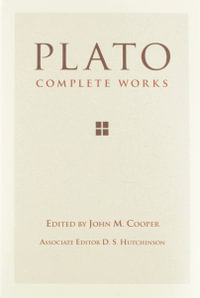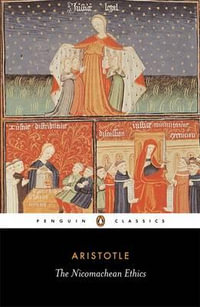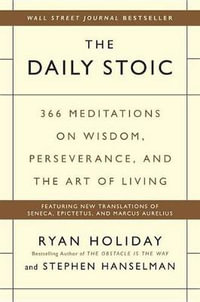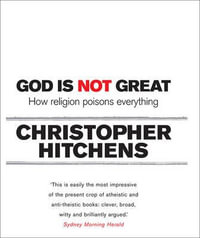In this compelling analysis David Pears examines the foundations of Hume's theory of the mind as presented in the first book of the Treatise. Past studies have tended to take one of two extreme views: that Hume relies exclusively on a theory of meaning, or that he relies exclusively on a theory of truth and evidence. Steering a middle course between these positions, Pears argues that Hume's theory of ideas serves both functions. He examines in detail its application to three difficult problems: causation, personal identity, and sense perception. Hume's solutions, Pears argues, are not theories that can be given a place in standard classification of philosophical theories, but rather depend upon a subtle form of naturalism not altogether unlike Wittgenstein's naturalism. A clearly written and argued study, Hume's System will be of special interest to students and scholars of the history of philosophy.
Industry Reviews
`characteristically lucid study'
Times Literary Supplement
`excellently thought-provoking
'
Alan R. White, University of Nottingham
`Challenging, thought-provoking, lucid: well-informed.
'
Dr E.J. Lowe, University of Durham
`A stimulating and clear discussion of central issues in Hume's philosophy.
'
Professor John Cottingham, University of Reading
`characteristically lucid study
'
Times Literary Supplement
`Professor Pears, as was to be expected, has presented the philosophical world with most acute analyses of the problems of causation, personal identity and perception in Hume's Treatise.
'
Dr Paul Tomassi, University of Edinburgh
`Hume's System is a thorough and carefully argued encounter with Hume's Treatise.
'
Christian K. Campolo, Hume Studies, Volume XIX, Number 1
`excellent study ... Pears excels at putting back those considerations that Hume inconsistently neglects, and having put them back he is able to explain Hume's vacillations as the result of his failure to face up to those alternatives. Pear's book is an excellent contribution to our understanding of the problems that Hume addresses in the Treatise ... his prose style is a delight to read, possessing a polished elegance that is all too rare in academic work.
The book is also free of misprints and contains a comprehensive and highly useful set of internal references in the footnotes.
'
Adrian Heathcote, University of Sydney, Australian Journal of Philosophy, Vol. 71, No. 2, June 1993
`each of these verbal portraits is true to its subject. And each conveys a lively impression not only of Hume, but of a second distinctive philosophical personality...the justification for working through this very stimulating book..is not to hear yet another scholarly voice in a debate over Hume as skeptic versus Hume as naturalist. It is to join a creative philosopher as he struggles, with Hume at his side, to illuminate problems that are as much our own
as they were the eighteenth century's.'
The Philosophical Review Vol 103 no 4


























